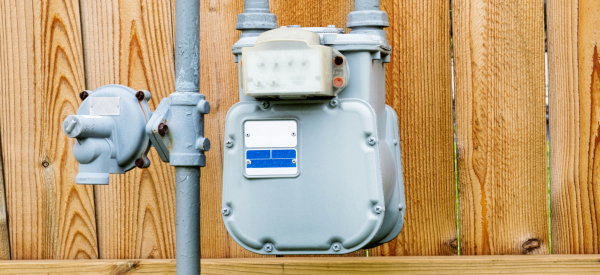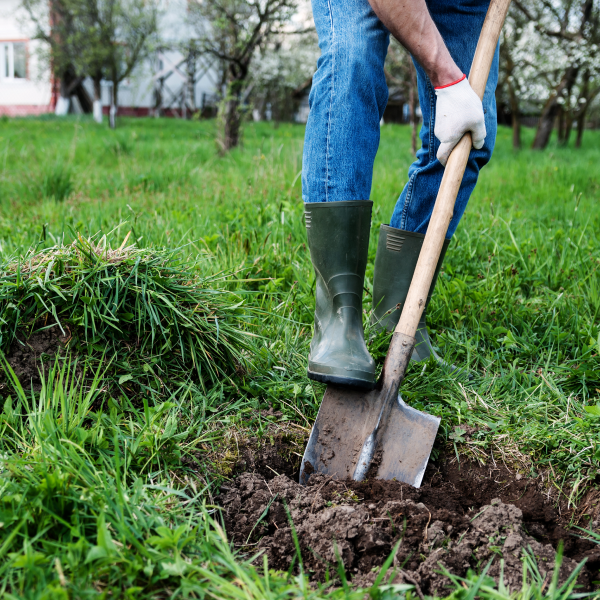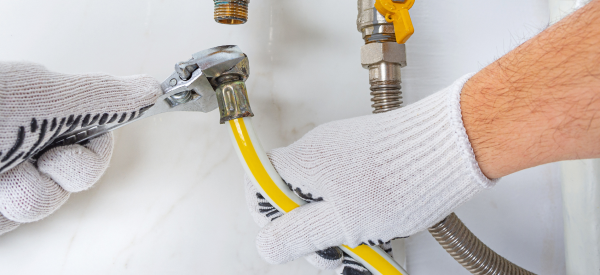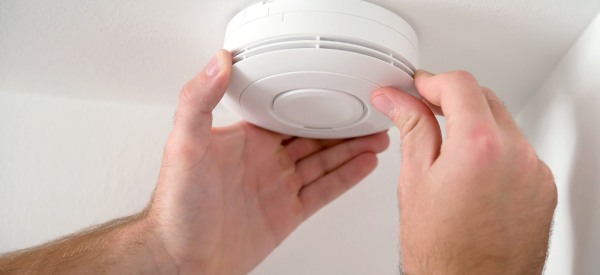Natural Gas Safety
Natural gas is the cleanest-burning of all fossil fuels that powers industries and heats more than half of all American homes.
North America has a natural gas delivery system that includes nearly two million miles of natural gas transmission pipeline. This system has an outstanding safety record. It is operated and maintained in accordance with strict federal and state regulatory requirements.
Detecting a natural gas leak
Smell: Natural gas doesn't have an odor. To help you detect a leak, we add mercaptan, an odorant that smells like rotting eggs or a skunk smell.
Sight: Natural gas may blow dirt, make bubbles, kill vegetation or create an area of frost on the ground in warm weather if it leaks from an underground pipe.
Sound: Natural gas can make a quiet hiss or a loud roar.
We go above and beyond to ensure the safety and security of our natural gas distribution pipeline and transmission facilities, ensuring that the public, our employees and the environment is protected at all times. Learn more about MidAmerican Energy's integrity management programs.





